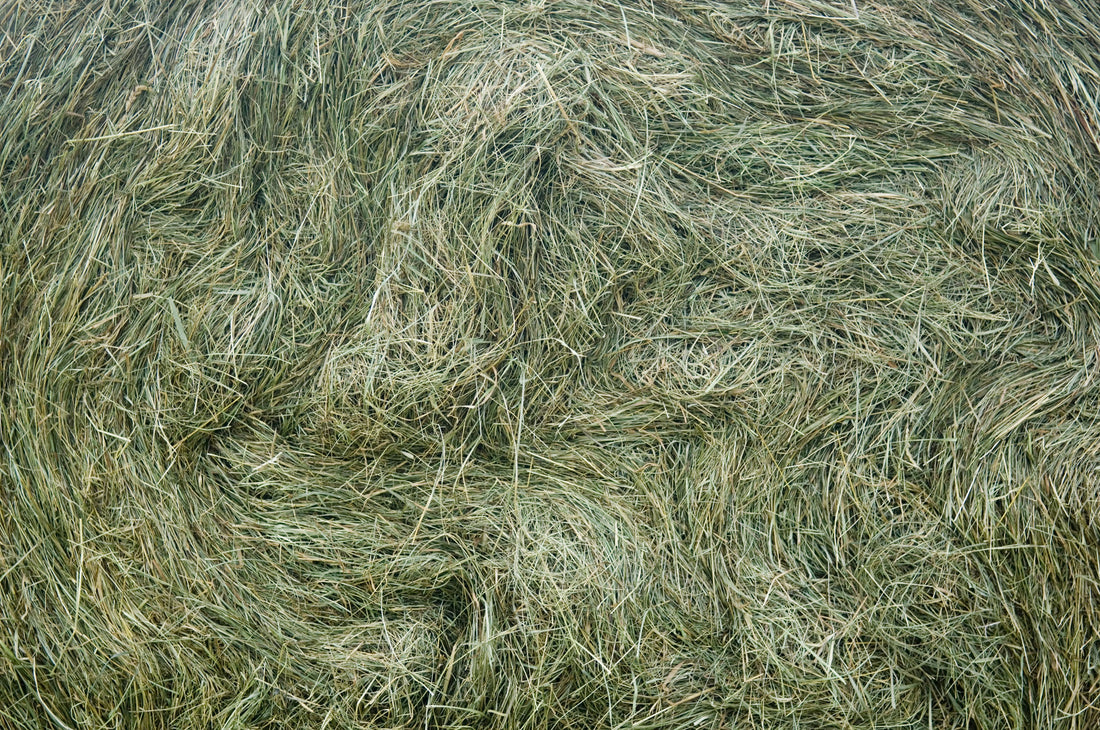Hay is often regarded as the cornerstone of animal nutrition; it plays a crucial role in the diet of many livestock animals. Whether it's for dairy cows, horses, or small ruminants, the quality of hay directly impacts the health and productivity of these animals. While many factors contribute to hay quality, one often overlooked element is potassium.
Potassium: The Third Nutrient
Potassium (K) is one of the essential nutrients required for plant growth and development. It is the third listed nutrient on fertilizer blends after Nitrogen and Phosphorus but no less important. It's involved in various physiological processes, including photosynthesis, water uptake, and enzyme activation. In hay production, potassium plays a particularly crucial role in plant health and yield.
Water Regulation and Drought Tolerance
Potassium helps regulate water uptake and loss in plants, which is crucial for hay production, especially in regions prone to drought like BC has been these past few summers. Adequate potassium levels enable plants to maintain turgor pressure, ensuring they remain upright and can efficiently absorb water and nutrients from the soil. This ability to regulate water usage improves drought tolerance, allowing hay crops to withstand dry periods and maintain productivity.
Enhanced Yield and Quality
Optimal potassium levels in soil contribute to increased hay yield and improved quality. Potassium influences the synthesis of carbohydrates, proteins, and oils in plants, essential components for healthy growth and development. Adequate potassium levels promote robust root development, which enhances nutrient uptake and overall plant vigor.
Nutritional Value for Livestock
Potassium not only benefits hay crops but also impacts the nutritional quality of the harvested forage for livestock. Hay with adequate potassium levels tends to have higher concentrations of essential nutrients, such as protein and minerals, making it more nutritious for animals. Additionally, potassium plays a role in regulating ion balance within plant tissues, which can affect palatability and digestibility, further enhancing the forage's value as feed for livestock.
Maintaining Soil Fertility
Potassium is a key component of soil fertility management in hay production systems. Continuous cropping and nutrient removal through harvested hay can deplete potassium levels in the soil over time. Therefore, it's essential for farmers to replenish potassium through proper fertilization practices, such as applying potassium-rich fertilizers (for example, 30-0-17 or 18-18-18) or utilizing organic amendments like compost and manure. Maintaining adequate soil potassium levels not only sustains hay productivity but also supports the long-term health and fertility of agricultural land.
Conclusion
In the realm of hay production, potassium often takes a backstage role compared to more talked-about nutrients like nitrogen and phosphorus. However, its significance cannot be overstated. From promoting plant health and yield to enhancing forage quality and nutritional value for livestock, potassium plays a vital role in every stage of hay production. Farmers and agricultural practitioners must prioritize potassium management to ensure sustainable and productive hay production systems for the benefit of both crops and livestock. Contact the TerraLink team for any questions regarding your soil fertility and an appropriate fertilizer program.
Written by Gerard Beaven

